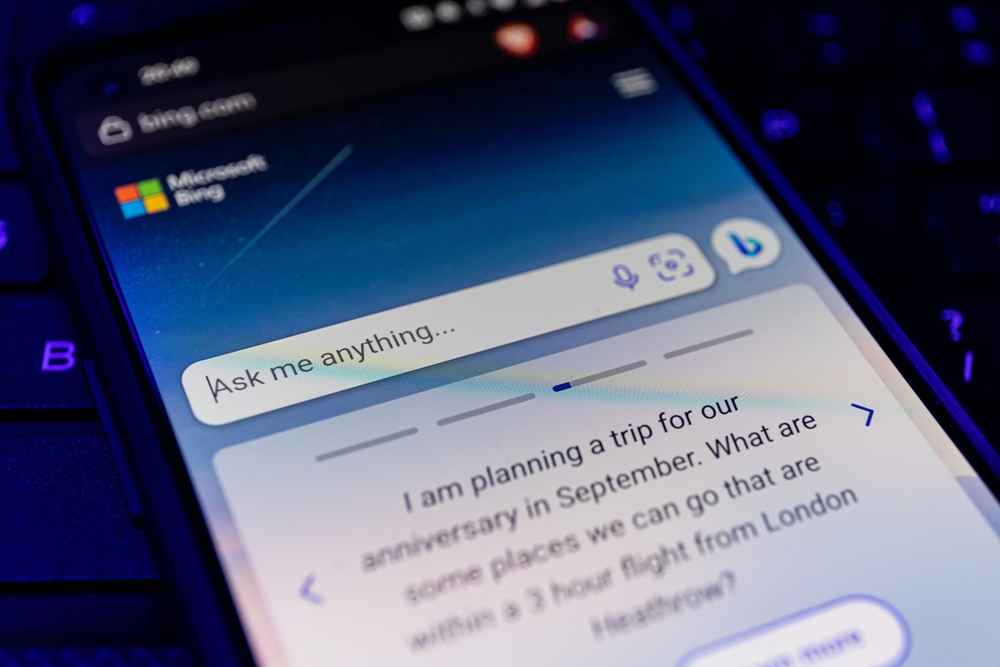User Beware! Microsoft Edge Accused of Sharing Info With Bing Chatbot
Recently, users of the Microsoft Edge browser have reported that their search data is being shared with Bing Chatbot, a chatbot owned by Microsoft. This revelation caused quite an uproar among internet privacy advocates who are concerned about how much user data is being collected without their knowledge or consent.
The reports began when some users noticed that information they had recently searched for on Edge was also appearing in conversations with Bing Chatbot. After further investigation, it became clear that this wasn’t a coincidence; rather, Edge was sharing its users’ search data directly with Bing Chatbot without any notification or prior permission from those same users.
This issue highlights the importance of understanding what permissions you are granting to applications when installing them on your computer or device – especially if the application belongs to a major tech company like Microsoft.
Impact on Users
The potential consequences of leaked browsing history are far-reaching and potentially devastating for users. As more companies collect user data—whether through browser searches or other means—the risk of this data being shared without the user’s awareness or consent increases significantly.
For example, if someone’s search history were to be exposed, it could potentially be used to target them with ads or other marketing messages. It could also be used as evidence in a court of law in certain cases.
Moreover, this incident highlights the importance of understanding what permission you are granting applications when installing them on your computer or device – especially if the application belongs to a major tech company like Microsoft.
Microsoft’s Response
Microsoft has released an official statement regarding the issue of Edge sharing user search data with Bing Chatbot. In it, the company acknowledges the issue and apologizes for any inconvenience it caused its users. Microsoft also highlighted its commitment to privacy and stated that it had taken steps to ensure users’ data would not be shared in this manner again.
The company also announced that it had updated its privacy policy to make it easier for users to understand how and when their data was collected and used. Microsoft emphasized its commitment to protecting user privacy and stated that it would continue to work diligently to ensure the security of its customers’ data.
Similar Incidents in the Past
In addition to the recent instance of Edge sharing user search data with Bing Chatbot, there have been numerous other incidents in which browsing history has leaked without users’ knowledge or consent. For example, in 2018, Google was found to be collecting user data even when “incognito” mode was enabled in Chrome. This incident caused a great deal of concern among online privacy advocates.
In 2019, Apple was found to be sharing Safari browsing data with third-party companies without users’ knowledge or consent. This too sparked major backlash from the public and demonstrated the importance of understanding what permissions users are granting applications when downloading them on their devices.
This is Why…
It’s important to be aware of what information you are giving away when downloading an application and make sure that the app won’t share your information without asking permission first. It’s also important to read the privacy policy so you know exactly how your data will be used. Finally, be sure to regularly review your privacy settings to ensure that your data is always secure.
Even if you think you have taken all the necessary steps to protect yourself online, there’s still a risk of your data being exposed without your knowledge or consent. Therefore, it’s essential that you stay vigilant and keep up-to-date with any changes in the security of your data. By doing so, you can ensure that your data remains safe and secure.

